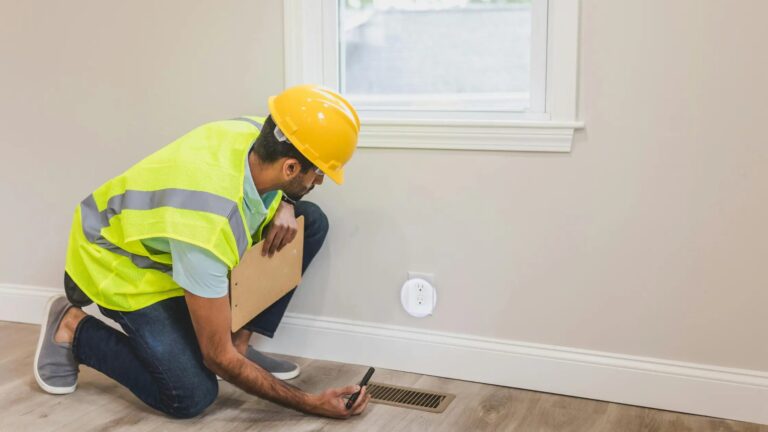As a landlord, fully understanding your tax obligations is a daunting prospect, but it’s also crucial as not doing so could lead to legal difficulties. Let’s take a look at what your tax obligations are and how you may be able to lower your tax bill.
Looking to expand your property portfolio? Contact your local Parkers branch today.
Income tax
One of your main tax obligations as a landlord is paying income tax on the rental income you receive from your properties. The tax rate you have to pay depends upon your taxable income, which consists of your base rental income and any additional payments for services, such as utilities or maintenance.
The tax rate bands are as follows:
| Band | Taxable Income | Tax rate |
| Personal Allowance | £0 – £12,570 | 0% |
| Basic Rate | £12,571 – £37,700 | 20% |
| Higher Rate | £37,701 – £125,140 | 40% |
| Additional Rate | Above £125,140 | 45% |
Related: Becoming a landlord: Hidden costs and fees
Capital Gains Tax
When the time comes that you decide to sell a rental property, you need to be aware of your Capital Gains Tax (CGT) obligations. CGT has to be paid on the profit made from the sale of a property that isn’t your main residence, such as a buy-to-let investment.
The tax is calculated based on the difference between the selling price and the price you bought the property for, minus any allowable deductions like legal fees or improvement costs.
For basic rate taxpayers, CGT is charged at 18%, while higher rate taxpayers face a 28% charge on any gains above the annual exempt amount, which for the 2023/24 tax year is £6,000. HMRC requires this to be paid within 60 days of the property being sold.
Stamp Duty Land Tax
Landlords have to pay an additional 3% stamp duty surcharge on top of the standard Stamp Duty Land Tax (SDLT) rates. The exact amount of SDLT you have to pay depends on how much your paid for the property and the tax band it falls into:
| Up to £125,000 | 0% |
| £125,001 – £250,000 | 2% |
| £250,001 – £925,000 | 5% |
| £925,001 – £1.5 million | 10% |
| Over £1.5 million | 12% |
Related: What will I pay in stamp duty now?
Understanding landlord tax relief and allowable expenses
Landlord tax relief refers to the various deductions you can claim to reduce your taxable rental income and lower your tax bill.
Key allowable expenses include:
- Utility bills (if you pay them)
- Buildings and contents insurance
- Costs of services, such as gardeners and cleaners (as part of the rental agreement)
- Letting agent fees
- Accountancy fees
- Rents, ground rents, and service charges
However, any expense that increases the value of your property, such as fitting a new kitchen or bathroom, cannot be deducted from income tax.
Wear and tear
You can also claim replacement relief for items in your rental properties. This means you can receive tax relief on the costs associated with replacing:
- Moveable furniture
- Carpets
- Curtains
- Rugs
- Major appliances like cookers and fridge-freezers
- Televisions
The relief covers the cost of the replacement item as well as the cost of getting rid of the old item. However, any money made from the sale of the old item must be deducted from the claim.
This allows you to better manage the expenses of maintaining your properties while ensuring tax relief is based on specific replacement costs.
Mortgage interest relief
Under Section 24 rules, which became fully active in April 2020, landlords cannot deduct all mortgage interest costs from their rental income before calculating tax. Instead, you receive a basic rate tax reduction of 20% on your mortgage costs, regardless of your actual tax bracket.
Related: Financial planning for landlords: budgeting and beyond
Tax returns
You are required to report your rental income through the Self-Assessment tax system. This means you need to register with HMRC and then complete a tax return each year, detailing your income, expenses, and any applicable deductions.
The deadline for submitting an online tax return is 31st January following the end of the tax year. Failing to meet this deadline can result in penalties, so it’s essential to stay on top of your obligations.
Contact your local Parkers branch for more expert landlord advice.







